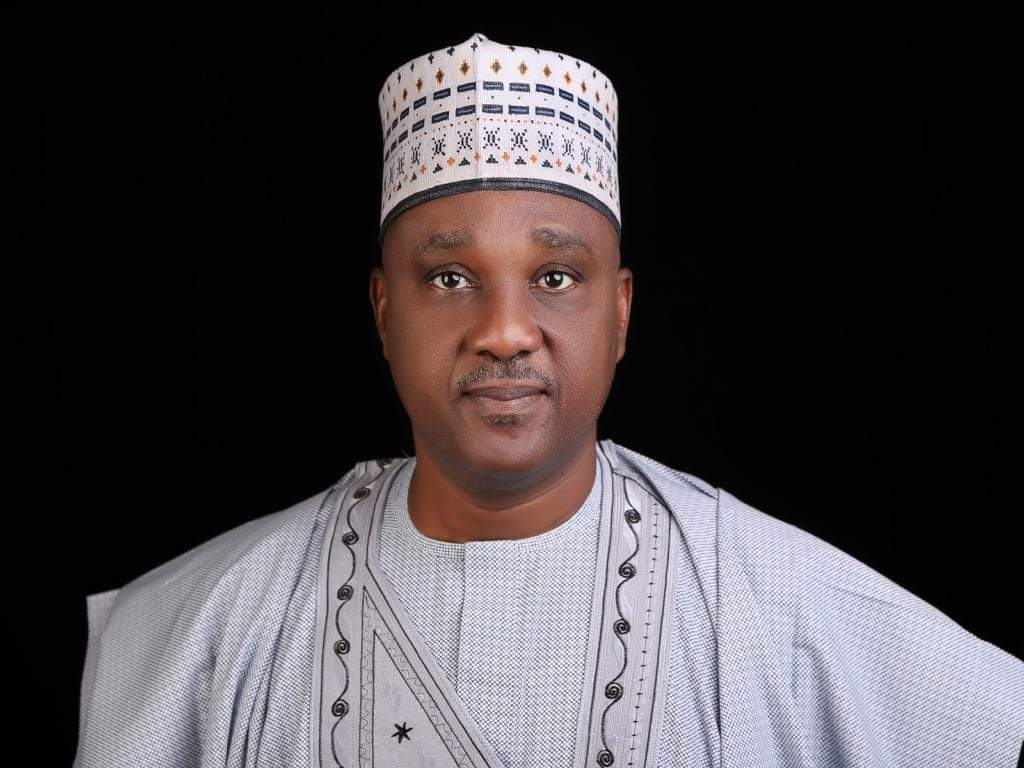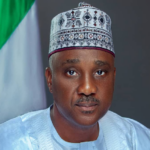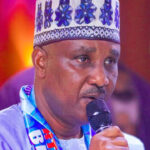Stakeholders in the electricity sector and policy makers have emphasised the need to take holistic approach to the current electricity power reform to conform with the realities on the ground.
They made the call while speaking at a two-day power sector stakeholders interactive workshop organized by the House Committee on Power in Abuja on Tuesday with the theme: “Confronting Nigeria’s Power challenge As the Nation Migrates to A Multi-tier Electricity Market: Legislative Intervention”.
In his address, the Speaker of the House of Representatives, Abbas Tajuddeen said numerous stakeholders and industry experts have expressed concerns that the increase in electricity tariffs could lead to significantly higher utility bills, reduce disposable income for consumers, escalate operational costs for businesses, and increase the prices of goods and services, disproportionately affecting low-income earners in Nigeria.
Abbas said, “Additionally, critical problems within the electricity value chain need to be addressed. Technical and commercial losses, which have not been effectively tackled, add inefficiencies that consumers are indirectly forced to cover, contributing to the cost recovery efforts. These losses amount to billions of naira”.
- NIGERIA DAILY: The Damage Caused By Bullying At School
- Open Letter to health Minister on Nigeria’s mental health crisis
According to him, having the consultation at the moment appears to be an afterthought which goes contrary to the Electricity Act, 2024 that mandates consultation with all relevant stakeholders in determining just and fair tariffs.
In his address, the Minister of Power, Adebayo Adelabu said, the federal government has a proposal for the establishment of three gigawatts Solar Energy sources in 25 states in the north and South West while hydropower would be deployed to the coastal cities in order to improve energy supply in the country.
Adelabu lamented that, the country has been witnessing incessant power grid collapse caused by aged transmission infrastructure that dates back to the 1960s adding that, there is no single back up for the national grid which called for alternative sources to provide power.
On his part, Vice President, Kashim Shettima, who was represented by the Special Adviser to the President on Power, Engr Sadiq Wanka,
urged states to take the lead in attracting investments in the electricity sector.
FG commences unbundling of 11 DisCos along state lines
The federal government has also commenced the unbundling process for the 11 electricity distribution companies (DisCos) along state lines for better efficiency.
Adelabu disclosed this when members of the Senate Committee on Power, led by their Chairman, Senator Eyinnaya Abaribe, visited his ministry on Monday, April 22, in Abuja.
The minister said: “We are unbundling the Discos along state lines. Some of the Discos are too big for efficiency. They are too big for effectiveness. Ibadan Disco covers seven states. It is practically impossible for them to be efficient.
The minister also revealed that the federal government would sell off the 5 DisCos under the management of banks and the Assets Management Corporation of Nigeria (AMCON) within the next 3 months to technical power operators.
The 5 DisCos include the Abuja Electricity Distribution Company, which is under the management of the United Bank of Africa (UBA), the Benin Electricity Distribution Company, Kaduna Electricity Distribution Company, and the Kano Electricity Distribution Company, which is managed by Fidelity Bank and the Ibadan Electricity Distribution Company, which is under the AMCON management.

 Join Daily Trust WhatsApp Community For Quick Access To News and Happenings Around You.
Join Daily Trust WhatsApp Community For Quick Access To News and Happenings Around You.


